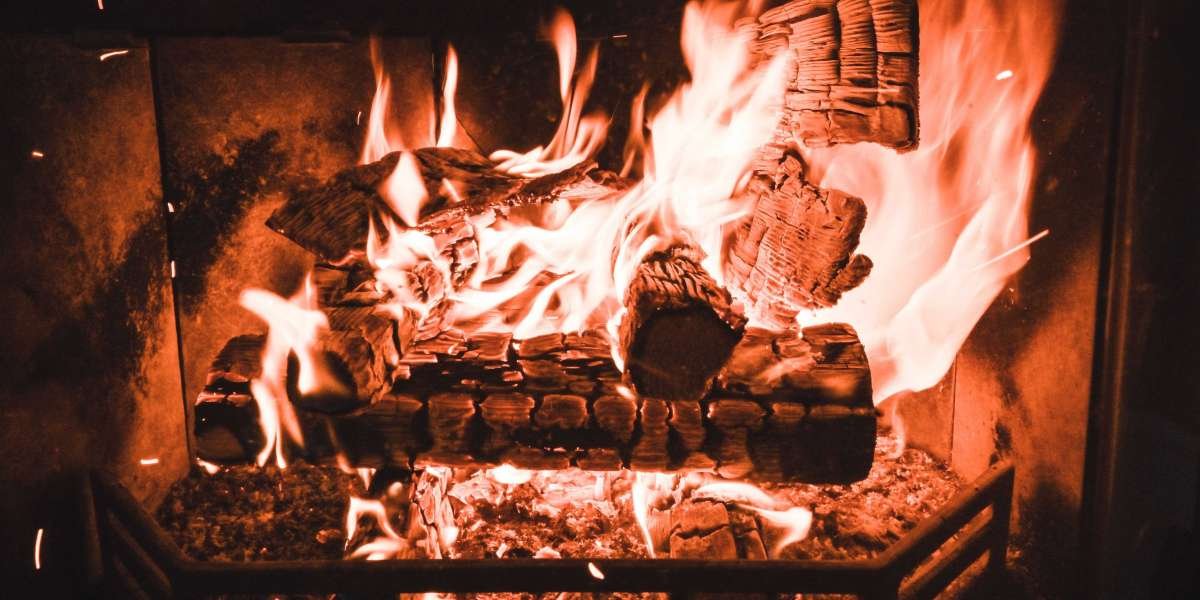There is no legal requirement that homeowners have a gas safety certificate. However, it can put potential buyers' minds at ease and may even lead to a quicker sale.
 It is also able to detect heating or gas problems early, saving homeowners money while preventing carbon monoxide leaks which could be fatal. Learn more about whether homeowners require gas safety certificates and how it works.
It is also able to detect heating or gas problems early, saving homeowners money while preventing carbon monoxide leaks which could be fatal. Learn more about whether homeowners require gas safety certificates and how it works.Legal Requirements
Landlords are legally required get their properties inspected on an annual basis and one of the most important aspects of this is obtaining the gas safety certificate. This document proves that all flues, appliances and fittings within a home have been inspected by a licensed engineer and that they are safe to use.
The engineer will ensure that all gas appliances are in good functioning order, that the connections to them are secure and there is sufficient ventilation. They will also look for obstructions in the flues. They will also check that the gas pipes are properly sized and free from corrosion, ensure there isn't any leakage and that carbon monoxide isn't being produced. They will then produce the gas safety certificate, which includes a list of all the appliances and the dates that they were checked.
A homeowner may also want to get an official gas safety certificate completed in order to ensure their peace of mind about the state of their gas appliances and the installations in their home. It can also help catch any problems early, which can avoid accidents and help save money.
If you're thinking of selling your house, some potential buyers might ask for gas safety records. This is a great idea. This will let the buyer know that all gas appliances and installations within the house are in good operating condition, which could save the buyer a significant amount of money and hassle.
A landlord who is unable to obtain a gas safety certificate could be fined and could face legal action by tenants or the local council. It means that the property has been declared unfit for human habitation and could result in injuries or even death.
Keep an original copy of the certificate for your records so that you can show the certificate to prospective tenants or buyers. This will increase the value of your property, and it will also show them that you take the safety of your tenants seriously.
Benefits
The gas safety certificate is important for landlords and homeowners alike. It ensures that all installations and appliances conform to the safety requirements and assists in keeping residents safe from hazards like carbon monoxide poisoning. It also assists in protecting landlords from the potential legal penalties for not complying with regulations.
Landlords who do not comply with the gas safety regulations put their tenants at risk and could be fined or even prison time. Possessing a valid gas safety certificate will help to avoid this and make renting out property much more straightforward, since prospective tenants are more likely to rent from landlords who have a good track record.
Before making an offer, people who are looking to purchase a home should ensure that the current owner is a holder of a valid certificate of gas safety. This will assure them that gas appliances are safe to use and will not be required to make expensive repairs after they move in.
Certain home insurance policies might require the issuance of a gas safety certificate as a prerequisite for coverage. This is especially true for landlords who are required to provide proof of their compliance with the gas safety regulations by their insurer in order to obtain or renew their insurance policy.
Before performing any work on their gas appliances or installations, homeowners need to make sure that the engineer they are using is Gas Safe registered. Only those registered on the Gas Safe register have been through rigorous screening and are qualified to carry out safety inspections on gas systems. The homeowner must also request that their engineer provide a written report following the inspection. This will include a list of all gas appliances and installations that were inspected, their current status (pass or fail) and any suggested actions. It is also recommended to keep the certificate for your documents. Many customers have praised the professional service and speedy turnaround times of their chosen gas safety specialists and have been able to provide them with peace of mind and assurance that their homes are safe to live in.
Costs
If you're a landlord a gas safety certificate isn't only a legal requirement but it's also an important investment in your tenants' safety. CP12 certificates are a test of your gas appliances to ensure they're safe. They're also a great idea for homeowners, as malfunctioning equipment can lead to carbon monoxide poisoning, or even explosions.
The cost of the CP12 certification is different from property to property but typically, it's about PS80. This includes the engineer's fees as well as a copy of the certificate to keep in your records and any work that may require to be done to bring your appliances up to standard. It's a good idea to get multiple quotes from engineers to determine the lowest cost. Be wary of any price that seems too good to be real.
Landlords are required to inspect all gas appliances in their homes and flues every year. This will help to ensure that your property is safe for people to inhabit, and you can avoid costly fines or even prison if you fail to comply with the legal requirements.
The cost of an inspection for gas safety depends on several factors including the number of appliances present in the building and their type. Gas appliances are typically less in residential properties, which reduces the cost. Commercial properties, on the other hand may require an in-depth check, leading to higher costs. You can usually save money by grouping your inspections and organizing them in a single session, as some engineers offer discounts for this.
The location is a major aspect in determining the price of a certificate. Prices can vary widely across the UK, and are often higher in areas with higher demand for engineers. The cost of emergency checks is higher than regular inspections, and especially if your gas certificate is set to expire.
Expiry Date
It is crucial to have your home inspected annually. Not only will you be in compliance with the law but you and your tenants will remain secure. This is particularly important for landlords who let their properties to tenants. Landlords are responsible for ensuring that the gas appliances they use are operating safely and have an up-to-date gas safety certificate.
Gas safety inspections are performed by Gas Safe registered engineers who inspect the boiler, flues and any other gas appliances within the house. Gas safety certificates will highlight any defective appliances. They are classified as ID (immediate risk), AR (at-risk) or NT(not in compliance with current standards). Appliances classified as ID should be replaced as soon as they are discovered and those rated AR require urgent repairs.
You will receive a copy after the engineer has completed. This must be given to all tenants within 28-days of the service, as well as to new tenants prior to their move into. In the event of a breach, it could result in fines or, in more serious instances, even prosecution.
Gas safety checks aren't a statutory requirement for homeowners, however it is strongly advised to have them completed. This will protect homeowners from any unexpected issues that could occur and give them the peace of mind that their gas appliances are safe to use. It is also important to keep in mind that some home insurance policies will require an official Gas Safety Certificate as part of their terms and conditions.
 In certain situations a landlord may face difficulties getting access to their property to carry out the gas safety inspection. However, the tenancy agreement should clearly declare that the landlord has the right to access the property for safety and maintenance. The landlord must use every reasonable measure to gain access to the property, including repeating their request and writing to tenants to inform them that gas safety checks are required by law. If none of this fails, a tenant can terminate their lease and seek legal advice.
In certain situations a landlord may face difficulties getting access to their property to carry out the gas safety inspection. However, the tenancy agreement should clearly declare that the landlord has the right to access the property for safety and maintenance. The landlord must use every reasonable measure to gain access to the property, including repeating their request and writing to tenants to inform them that gas safety checks are required by law. If none of this fails, a tenant can terminate their lease and seek legal advice.








